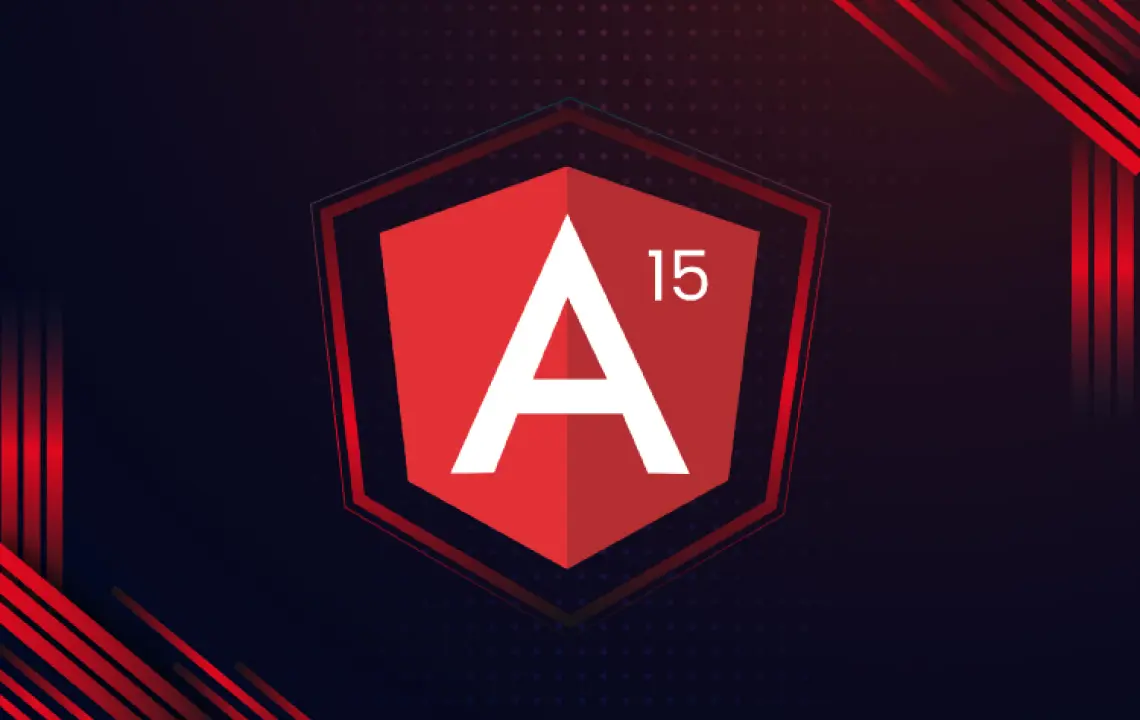Google’s New Android Developer Policies: Things You Need To Know About
- Updates
- April 19, 2019
Google has been making some modifications to its Play policies and Android APIs. And this has been done due to frustration and demands of users for enhancement. With the requests and feedback from users, Google has taken this decision after communicating with the developer community.
User trust is the basic matter to the achievement of Google Play. The apps downloaded by the users should not comprise of harmful or offensive material, behave in unpredicted ways, or treat user information wrongly.
In case you follow the Google Play developer policies and instructions, you can develop apps which contribute to the entire faith all users have in Google Play.
Things You Should Know About Google’s New Android Developer Policies
Following the modifications to the new Android Developer Policies of Google that went into effect in October 2018, Android applications cannot utilize Call Log and SMS permissions anymore unless it establishes the basic functionality of the application.
Developers were provided 90 days for bringing their apps into approval with the new policies when Google declared them, with non-approved applications experiencing delisting from the Play Store.
Nevertheless, trying to retrieve permissions earlier acknowledged to Android applications has incited an amazing deal of distress from Android Developers and users of applications with features dependant on those permissions removed.
On April 15, 2019, Google declared the modifications to the review procedure for addressing objections regarding the policy adjustments and execution practices.
Let’s check out some basic things you ought to know about Google’s new Android developer policies:
1. The reasons behind the restrictions of call log and SMS permissions
In October 2018, Google declared an update of how personal information can be utilized, with the inclusion of how third-party access to private data via APIs is made accessible, under the banner of Project Strobe. And this declaration was initiated along with strategies for closing off Google Plus because of finding an API bug enabling wrong access to data.
In the meantime, Google announced that a few Android applications ask for permission to avail the phone and SMS data of a user. Getting ahead, Google Play will restrict which applications are enabled to request for the permissions.
Just an application which you have chosen as your default application to text messages or make calls can make these permission requests. However, there are still some exceptions, such as backup and voicemail applications.
Albeit Google reports that they always have needed developers to restrict these permission requests to just what is required for their application for performing and for being clear with users regarding what information they avail.
There were wide-ranging permissions in Android, enabling additional access to developers. According to Google’s recommendation, alternative APIs approving more unrefined access, permitting developers to apply features once again.
2. Limiting permission breaks performance in demanding apps
The unpredictable limitation of these permissions led to huge dismay for developers, as the capacity of Google to inform what was and what was not allowed were sometimes imperceptive, tough to finish properly and not clear, according to the organization’s claim.
The self-reliant developers depended on community boards like Reddit and Google’s Issue Tracker for registering their complaints, with the maker of EasyJoin Pro, an application which permits calls and SMS for being supplied from remote gadgets, a feature particularly limited to the Pro version, stated by Google that the announced feature is permitted, nevertheless they decided it to be unimportant for the fundamental performance of the developers’ apps.
Similarly, the developer of ACR Call Recorder did not get the permission access which allows recording phone calls, and the automation application Tasker’s developer was about to lose the same functionality, albeit their request led to task automation being included as an authorized exception.
3. Google is assuring to be humans, not bots and more timely
Google approved feedback, signifying that it took very long for receiving answers on whether apps fulfilled policy needs and the procedure for requesting a decision was very burdensome and long.
The organization also accepted the impression which their determinations were automation, with no human engagement, and that it was tough to reach an individual who could help offer information regarding Google’s policy decisions and regarding the latest use cases suggested by the developers.
For indicating these concerns, Google guaranteed to assess and enhance the request procedure, with the inclusion of application guidelines in every execution email and added that the application form with information can be also discovered in their Help Center.
In addition to this, according to Google’s claim, humans, not bots, already assess each delicate decision but they are enhancing their communication to make more tailored responses and they are maximizing their team to help speed up the application procedure.
4. New developers will experience more analysis during app submission
Google is targeting the developers who make new accounts after getting bans, impacting new developers. In the declaration on April 15, 2019, Google stated that they will be taking more time soon for analyzing applications built by developers which do not even possess a track record with Google.
This will help Google for doing more detailed monitoring prior to granting applications for going live in the Play Store and will help them in making even small precise decisions on the accounts of developers.
In accordance with DoubleVerify, generally, developers producing applications which showcase a lot of advertising, or overly offers which are not showcases, are a rising issue, with the whole number of applications involving in fake ad impressions growing by 159% from 2017 to 2018.
5. Android Q will come up with more modifications to developers
Android Q is also going to bring a hassle of managing scoped storage to developers, drawing complaints on Issue Tracker of Google. The utilization of current API calls for writing or reading external storage is prevented by Scoped Storage.
Finally, the efforts for using the old strategy also went in vain silently, without file system visibility that is exposed to applications when the developers use the API.
Although it will be still possible to avail photos, video, and audio, this modification breaks FTP apps or file manager efficiently.
Final Words
In a nutshell, whether you are an existing developer or a new developer, you must follow new Google Play instructions and policies in order to build apps which contribute to the whole faith users have in Play Store.







